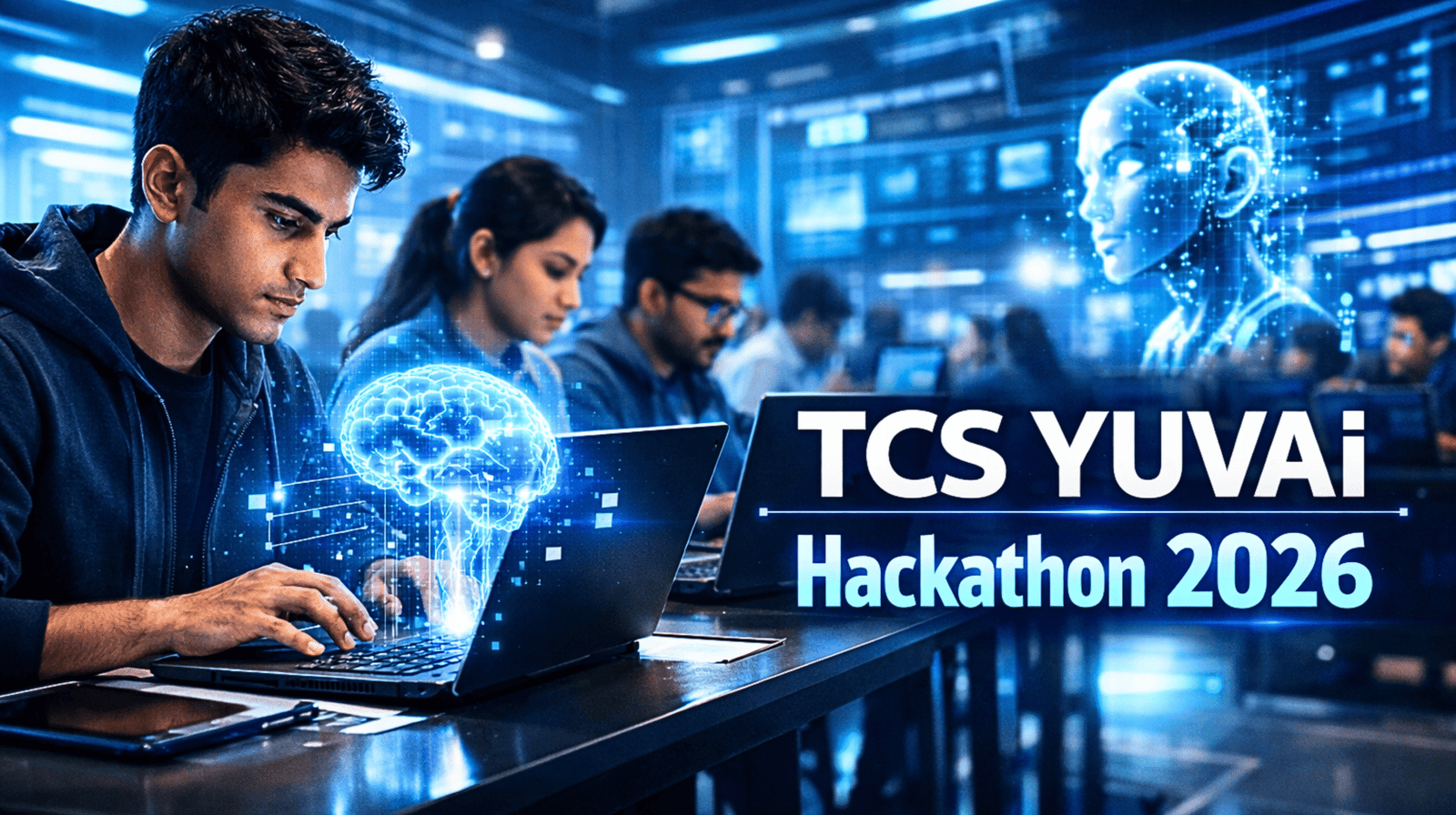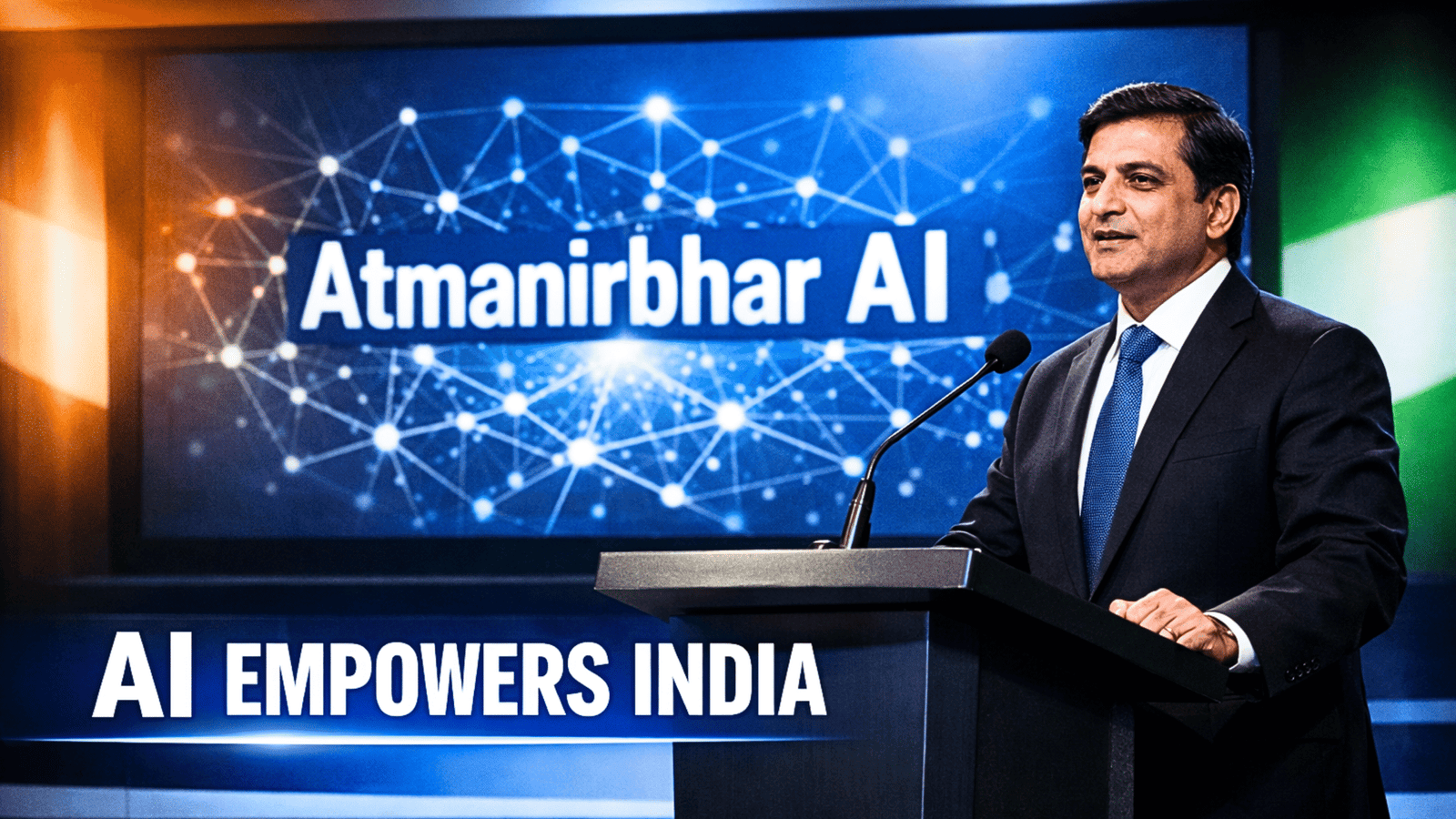The landscape of education in 2026 is undergoing a profound transformation, driven by technological advancements, evolving pedagogical approaches, and a global emphasis on inclusivity and sustainability. This blog explores the key trends shaping education today and their implications for students, educators, and policymakers.
1. AI-Powered Personalized Learning
Artificial Intelligence (AI) is revolutionizing education by enabling personalized learning experiences. AI-driven platforms analyze individual student performance to tailor content, pacing, and feedback, ensuring that each learner’s unique needs are met. This approach not only enhances engagement but also improves learning outcomes by adapting to diverse learning styles and speeds.
2. Hybrid and Blended Learning Models
The integration of online and offline learning modalities has become a hallmark of modern education. Hybrid and blended learning models offer flexibility, allowing students to engage with content both in the classroom and through digital platforms. This approach caters to various learning preferences and schedules, making education more accessible and adaptable.
3. Gamification and Immersive Learning
Gamification techniques, such as incorporating game elements like points, badges, and leaderboards, are being utilized to increase student motivation and engagement. Additionally, Virtual Reality (VR) and Augmented Reality (AR) technologies are enhancing immersive learning experiences, enabling students to explore complex subjects through interactive simulations and virtual field trips.
4. Competency-Based Education and Microcredentials
There is a growing shift towards competency-based education (CBE), where students progress upon mastering specific skills rather than time spent in class. This model emphasizes practical knowledge and real-world application. Complementing this, microcredentials and certifications are gaining popularity, allowing learners to acquire specialized skills aligned with industry demands, thereby enhancing employability.
5. Focus on Mental Health and Well-being
Recognizing the importance of mental health in academic success, educational institutions are increasingly integrating wellness programs into their curricula. Initiatives such as mindfulness training, social-emotional learning, and access to counseling services are being implemented to support students’ emotional and psychological well-being, fostering a conducive learning environment.
6. Global Initiatives for Education Equity
International efforts are underway to make quality education accessible to all. For instance, the United Kingdom has announced a £1 billion initiative to extend free school meals to children in families receiving Universal Credit, aiming to alleviate child poverty and improve educational outcomes. Similarly, India’s National Initiative for Proficiency in Reading with Understanding and Numeracy (NIPUN Bharat) aims to ensure foundational literacy and numeracy for all children by 2026–27 .
7. Sustainability and Green Education
Environmental education is becoming an integral part of school curricula, reflecting a global commitment to sustainability. Schools are incorporating green practices and sustainability concepts into their teaching to raise awareness about environmental issues and prepare students to contribute to a sustainable future.
8. Lifelong Learning and Continuous Skill Development
The rapid pace of technological change necessitates continuous learning. Lifelong learning initiatives are being promoted, encouraging individuals to engage in ongoing education and skill development throughout their careers. This approach ensures adaptability and resilience in an ever-evolving job market.
Conclusion
The education system in 2026 is characterized by innovation, inclusivity, and a focus on holistic development. As we navigate this evolving landscape, it is essential to embrace these changes to foster an environment that supports diverse learning needs and prepares individuals for the challenges and opportunities of the future.
Disclaimer: The information presented in this blog is based on current trends and projections as of 2025. Educational practices and policies may vary by region and institution. Readers are encouraged to consult local educational authorities for the most accurate and up-to-date information.
Resources:
- AI in Personalized Learning – EdTechReview
- Hybrid and Blended Learning – CareerIndia
- Gamification and Immersive Learning – EdTechReview
- Competency-Based Education – Hi-Tech Insights
- Mental Health in Education – Peabody Blog
- Global Education Initiatives – AP News
- Sustainability in Education – Lurnable
- Lifelong Learning – WebFX









